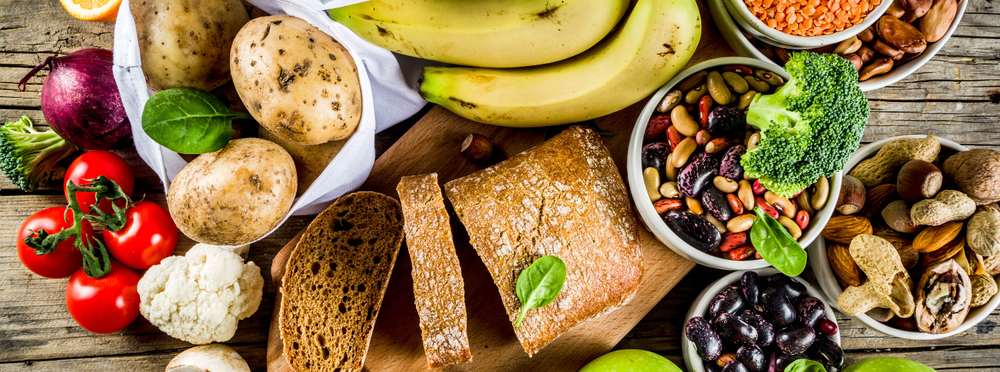Why Fiber Variety Is So Important

If you’ve been following the last couple of blogs, you already know fiber plays a key role in cardiometabolic health. But it’s not just about eating enough fiber. The type of fiber you eat matters just as much.
There are two main kinds of fiber — soluble and insoluble — and your body needs both. Soluble fiber dissolves in water and forms a gel-like substance in your digestive tract. It helps slow digestion, regulate blood sugar, and lower LDL cholesterol. Insoluble fiber, on the other hand, adds bulk to stool and keeps things moving through your digestive system. Both are essential, and they often work together to support overall health.
But within those soluble and insoluble categories, you can find a multitude of sub-categories. Like cellulose. And pectins. And many MANY others. These sub-categories are found in different amounts in different foods. Which means you need to consume a wide variety of foods to get all the different subtypes of fiber your body needs.
How Fiber Variety Shapes Your Gut
Different subtypes of fiber feed different types of gut bacteria. When you eat a variety of plant foods, you’re essentially cultivating a diverse, balanced microbiome — the community of microorganisms living in your digestive system. A healthy, diverse microbiome supports digestion, strengthens immunity, and can even reduce inflammation throughout the body.
Emerging research shows that fiber diversity plays a role in cholesterol regulation and metabolic health. The more types of plant fibers you consume, the more beneficial compounds your gut bacteria can produce, including short-chain fatty acids that support healthy cholesterol and blood sugar levels.
Eat the Rainbow — For Your Microbiome and Your Heart
Plant diversity is the secret to fiber diversity. Fruits, vegetables, nuts, seeds, legumes, and whole grains all contribute something unique. Each food contains its own mix of fibers, antioxidants, and nutrients that work together to improve gut and heart function.
If you eat the same few foods every day - or just take a fiber supplement which will deliver only one fiber subtype - your gut bacteria get bored and so does your metabolism. But when you “eat the rainbow,” you nurture a wider range of beneficial microbes, which can help improve everything from digestion to inflammation control.
The Fiber Variety–Cardiometabolic Health Connection
Studies show that people who consume a greater variety of plant foods have lower rates of obesity, diabetes, and cardiovascular disease. In other words, a diet rich in different types of fiber is one of the most effective ways to support long-term health.
At Step One Foods, every product is built with that in mind. Our bars, oatmeal, sprinkles, pancakes, smoothie mix, and nut butter combine multiple fiber-rich whole-food ingredients, like oats, nuts, seeds, and fruits, to help you get a natural mix of multiplefibers every day without having to think about it.
Because when it comes to fiber, variety really is the key to results.
About Step One Foods: Step One Foods offers convenient, scientifically-formulated foods clinically validated to rapidly reduce cholesterol and improve cardiometabolic health. Real food. Real results. Unapologetically delicious. Learn more at steponefoods.com.

Tested & Proven Results.
- Cardiologist formulated
- Supported by over 500 publications
- Clinically-proven, in a double-blind randomized trial with Mayo Clinic and The University of Manitoba
80% of participants lowered their cholesterol in just 30 days. With just two servings per day, Step One Foods offers a proven-effective way to naturally lower LDL (bad) cholesterol.
Get heart health tips and articles like this, delivered right to your email.
New articles every week.
You may also like...

The Most Misunderstood Heart Number (Plus Your Tune-Up Checklist)

You don’t need to avoid foods with cholesterol…except for these



